Signs and Symptoms of Stomach Cancer

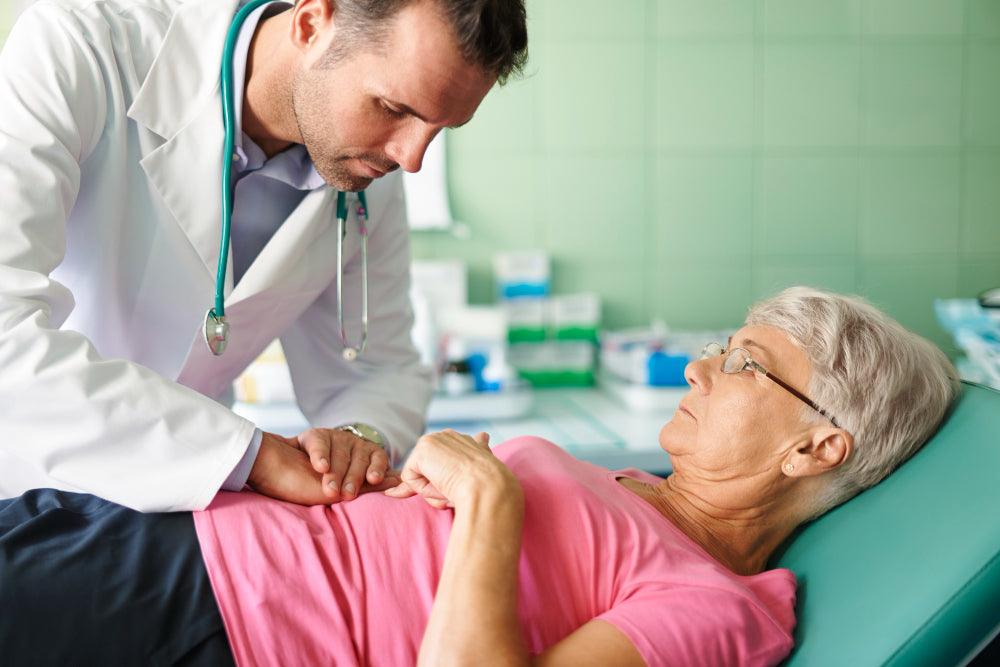
Related products
What’s covered?
Stomach Cancer: A Comprehensive Overview
Cancer is a disease that kills thousands of people across the UK and the world. However, one type of cancer that doesn't get as much media attention as other types is stomach cancer.
Stomach cancer, as the name suggests, is cancer of the stomach. This article will look at some of the symptoms of stomach cancer and why having cancer cells in your stomach causes these symptoms.
Hopefully, by the end of this article, you will be more aware of the signs of stomach cancer and talk to your doctor if they persist.
Watch the video below to get an overview of Stomach Cancer:
The most common symptoms of stomach cancer are:
-
Weight loss
-
Stomach pain
-
Blood in faeces
-
Feeling weak
-
Vomiting
What is cancer?
However, first, what exactly is cancer? It's a term that we often hear, whether in information about how to avoid it, charity appeals or on the news. if you would like to understand Cancer as an overview, read our guide to Cancer article.
Cancer cells are not their organism (like bacteria), but our cells that have mutated and lost their ability to self-destruct and grow out of control.
Naturally, every cell in our body has a control mechanism, which makes the cell die after it has served its purpose. However, the mechanism isn't working in cancer cells, and they just grow uncontrollably.
Cancer becomes fatal when it grows in the vital organs that help keep us alive.
What does the stomach do?
The type of cancer we're talking about today is stomach cancer. And so, to understand more about stomach cancer, it's wise to first understand what the stomach is and what it does.
Most of you will know that the stomach's job is to digest food. Inside the stomach is stomach acid, filled with enzymes that break food down and help it pass through the intestine.
The small and large intestines aid the digestion process by extracting more nutrients.
As well as chemical digestion, the stomach also contracts and relaxes to further break food down.
Signs and Symptoms of stomach cancer
Weight Loss
The first sign of stomach cancer is weight loss.
One key difference between cancer cells and normal cells is that cancer cells take up more energy. This is because normal cells have self-control mechanisms that stop them from taking more energy than they require. However, cancer cells do not often have this.
Therefore, when someone with stomach cancer eats something, the cancer cells will steal much of that energy. The cancer cells use the energy; there is very little left to be stored in the form of adipose.
Additionally, stomach cancer can also release substances that impact how the body uses calories, making them burn faster.
Stomach Pain
Inside the stomach, there are millions of nerve endings. These nerve endings are vital as they tell you when something is wrong with your stomach. For example, if the acid has risen too much or if it's struggling to break something down.
In an unpleasant event, the nerve endings are stimulated, which sends an electrical impulse to the brain and tells it that you're in pain.
Stomach cancer can grow to the extent that it pushes against these nerve endings. This is what causes abdominal pains in stomach cancer patients.
Blood in Faeces
There are blood vessels throughout the human body, even the digestive system.
Blood is needed because it provides oxygen to all the cells. Furthermore, if it weren't for oxygen, not one cell in the body would be able to function.
Blood vessels help keep the blood on track and ensure that the correct amount reaches each cell. If it weren't for blood vessels, all the blood would fall to our feet.
Unfortunately, when stomach cancer is present, a blood vessel in the digestive tract could burst. As a result, that blood can end up in the patient's faeces.
Faeces with blood can be brown with specks of red, but it's more commonly black.
Feeling tired or weak
We mentioned earlier in the article that cancer cells steal energy from normal cells, resulting in rapid weight loss.
However, another effect of cancer cells using energy is that people with cancer can often feel weaker and more tired.
Another reason why stomach cancer makes you weaker is because the cancer cells take blood away from your stomach's normal cells. This disrupts normal hormone functions, which can increase tiredness.
However, there are many causes of tiredness besides stomach cancer.
Vomiting
Vomiting is another common symptom of stomach cancer.
We mentioned in the beginning that cancer is dangerous because it grows into vital organs and stops them from doing their job.
When a stomach becomes clogged up with cancer, it blocks food from passing through the digestive tract.
When your stomach cannot digest food, the body often assumes it's poison and tries to get rid of it. The most common way for a body to get rid of poison is through vomiting.
Frequently asked questions about stomach cancer
How many people get stomach cancer per year in the UK?
In the UK, about 6,500 people get stomach cancer each year.
Is stomach cancer a common type of cancer?
Stomach cancer is the 17th most common type of cancer in the UK. About 2% of all new cancer cases are stomach cancer.
How many people die from stomach cancer each year?
About 4,300 people a year die from stomach cancer in the UK. 3% of all cancer deaths are from stomach cancer.
What causes stomach cancer?
Unfortunately, there is no way to be 100% certain of avoiding stomach cancer. However, there are steps you can take to reduce the possibility.
Limit the amount of smoked, pickled, and salted foods you eat. And also limit alcohol intake.
The risk of stomach cancer is increased by the bacteria H. Pylori. This bacteria does not directly cause stomach cancer, but it can increase the risk.
Also, those over 60 are more likely to get stomach cancer than younger people.
Is stomach cancer linked to pancreatic cancer?
Not necessarily, however, if you would like to get more information into the signs and symptoms of pancreatic cancer read our article.
How do you prevent stomach cancer?
If you have these symptoms and do not get better within two weeks, it's essential to talk to your doctor.
If your doctor suspects you might have cancer, they may refer you to a specialist who will do either blood tests or a CT scan to determine whether or not you do. If there are early warning signs, a cancer specialist or oncologist will be able to identify the cancerous cells and suggest appropriate treatment options. A compromised immune system, family history of cancer are at an increased risk of developing stomach cancer.
If gastric cancer is identified, gastric cancer treatment options will be discussed with the intent to destroy cancer cells in the body. It is important to take not of the risk factors. As in stomach cancer, cancerous cells can spread to the rest of the body.
For a full range of blood tests and medications, visit our Welzo Online Pharmacy.



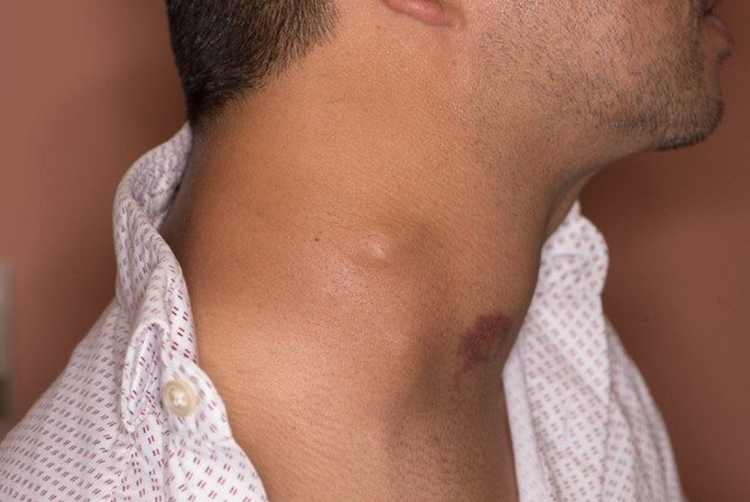
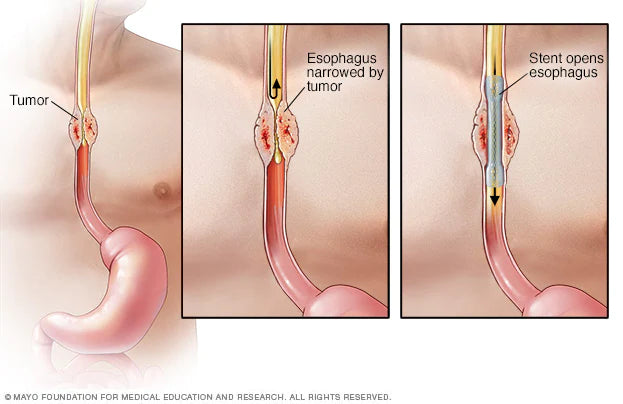
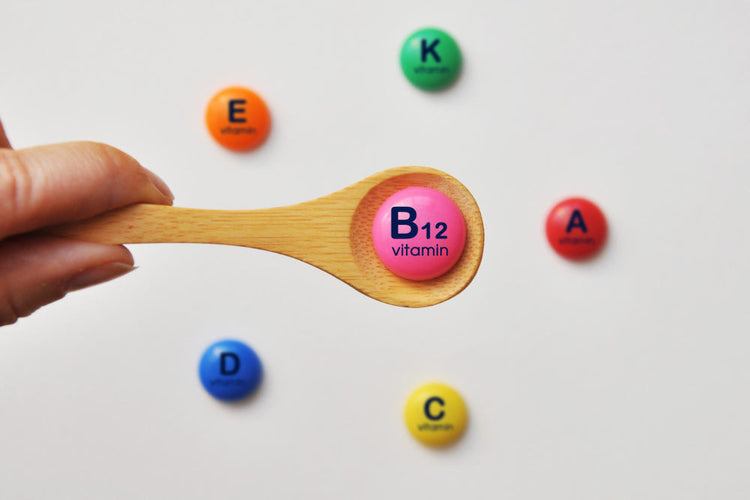
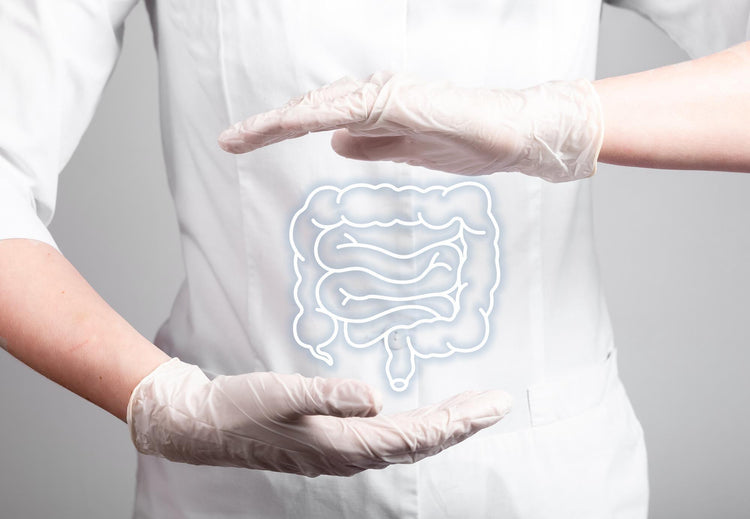
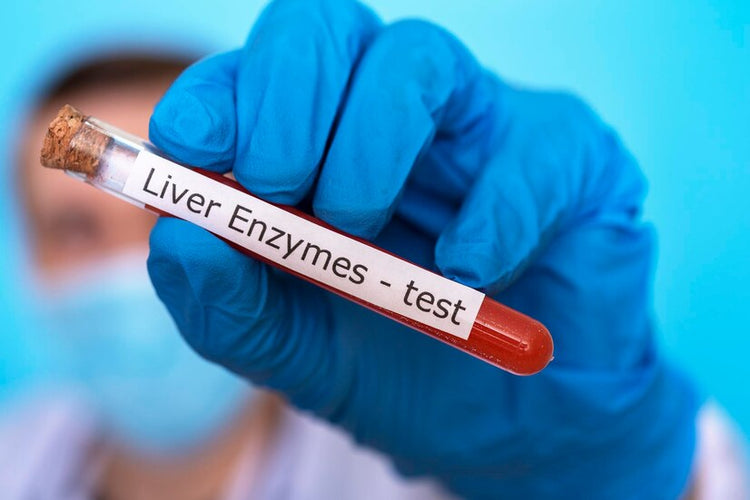
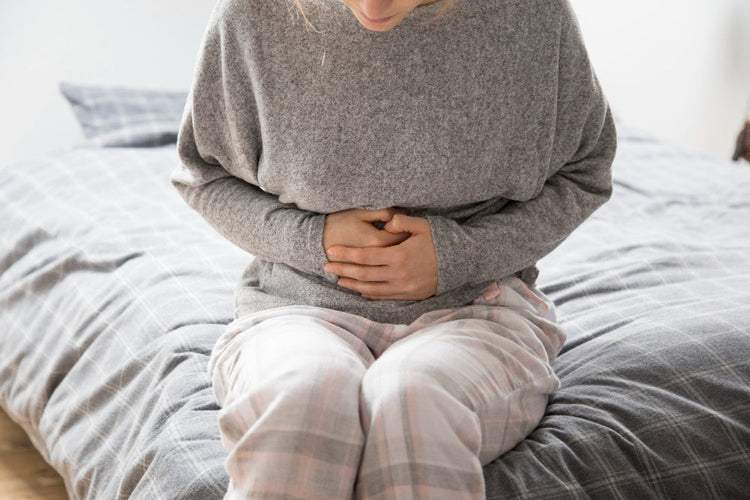
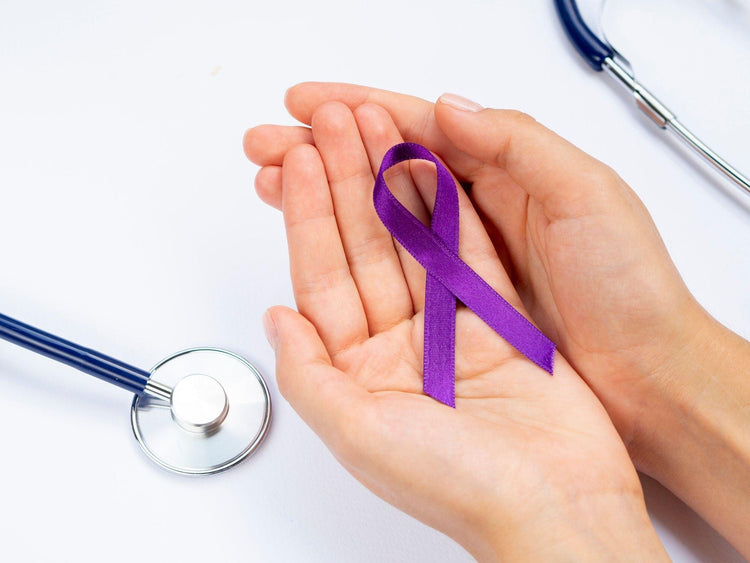
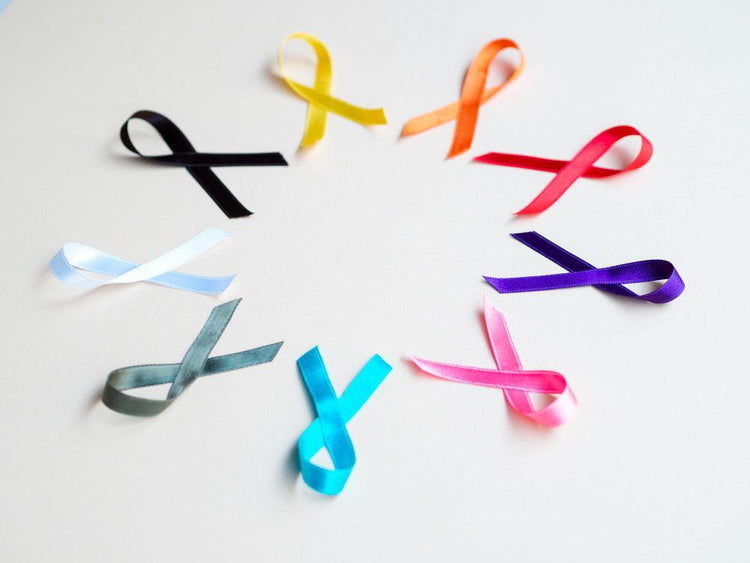
 Rated Excellent by 26,523+ Reviews
Rated Excellent by 26,523+ Reviews